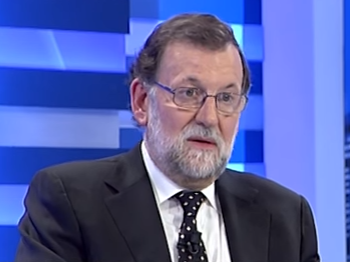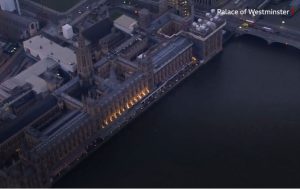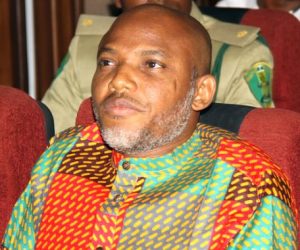
The Guardian, UK: ‘Catalonia: How Will Spain Impose Direct Rule And Will It Work?’ By Sam Jones and Stephen Burgen.
Spain is facing its worst political crisis in 40 years. On Friday afternoon, the Catalan parliament voted in favour of establishing a sovereign, independent republic. Shortly afterwards, Spain’s senate gave the country’s prime minister, Mariano Rajoy, permission to impose direct rule and fire the Catalan president as part of a series of measures designed to bring the region back into legal and constitutional order.
Why?
The unilateral independence referendum held on 1 October has set the governments in Madrid and Barcelona on a collision course.
Rajoy had repeatedly warned the Catalan government that its bid for independence was illegal and unconstitutional and told its president, Carles Puigdemont, to drop his secessionist plans.
Puigdemont, however, insists that the region has a legitimate right to independence. Efforts to find a way out of the impasse have failed and tensions are at an all-time high.
How will the Spanish government take control of Catalonia?
The senate – the upper house of the Spanish parliament – had approved Rajoy’s plans to use article 155 of the country’s 1978 constitution.
The measure, which has never been used, states: “If a self-governing community does not fulfil the obligations imposed upon it by the constitution or other laws, or acts in a way that is seriously prejudicial to the general interest of Spain, the government, after having lodged a complaint with the president of the self-governing community and failed to receive satisfaction therefore, may, following approval granted by the overall majority of the senate, take all measures necessary to compel the community to meet said obligations, or to protect the above-mentioned general interest.”
What will the Spanish government actually do?
It plans to sack Puigdemont and his cabinet and assume control of Catalonia’s civil service, police, finances and public media. Rajoy has said he hopes the intervention will be as brief as possible, and has promised that regional elections will be held in Catalonia within the next six months.
The current Catalan government is made up of a coalition of pro-independence parties that took 47% of the vote in 2015 elections, which were billed as a de facto referendum on independence.
What does the Catalan government say?
It has vowed to defend Catalan institutions and argues that the Spanish government has already in effect activated article 155 by intervening in the region’s finances and sending thousands of Guardia Civil and national police officers to Catalonia.
Towards the end of last month, Puigdemont accused Rajoy’s government of a de facto suspension of regional autonomy and a de facto declaration of a state of emergency after Spanish police raided Catalan government offices and arrested 14 officials as part of an unsuccessful attempt to stop the referendum.
How will pro-independence Catalans react to the triggering of article 155?
Tensions in the region are running high after the police violence that marred the referendum on 1 October and a judge’s decision to deny bail to two Catalan independence leaders accused of sedition. Add to that the continuing presence of Guardia Civil and national police officers and the situation looks fraught.
But it is worth remembering that the pro-independence strikes and demonstrations held so far have been almost overwhelmingly peaceful. If some Catalan separatists decide to push back against article 155, they would probably do so by going on strike or by forming human chains around key regional government buildings.
It is unclear what would happen if the police tried physically to remove Catalan government officials from their offices.
Much could also depend on the reaction of the Catalan police force, the Mossos d’Esquadra. Spanish police unions have accused the Mossos of failing to do enough to prevent the referendum; the head of the force, Josep Lluís Trapero, is being investigated for alleged sedition.
Will the application of article 155 bring an end to the crisis?
Extremely doubtful. The Catalan independence effort has acquired momentum over recent years and most campaigners say they are in it for the long haul. Similarly, the Spanish government can’t afford to back down when it comes to such a direct challenge to national and territorial unity.



